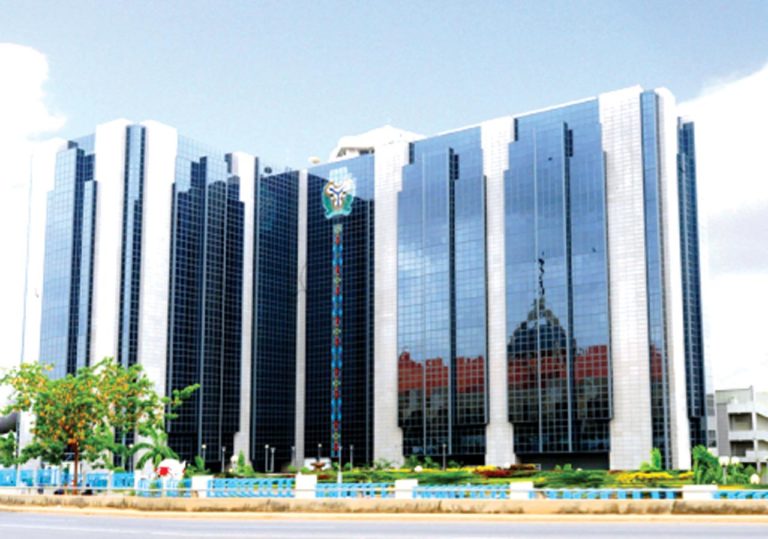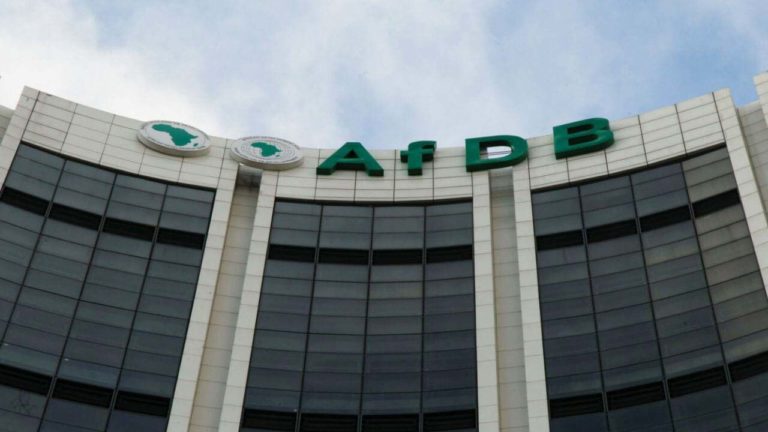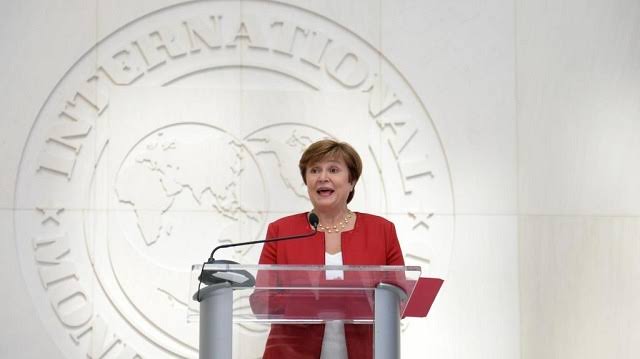In this era of rapid digital transformation, the primacy of information technology has initiated an unprecedented opportunity in business activities, boosting productivity and improving operating models, customer strength, work environment and work flow. More importantly, this dependence on and growth towards digitisation has also led to the speedy growth of businesses, increase in sales and profits, as well as strong customer network.
The range, span and intricacies of business technology are advancing at exponentially. The availability of sophisticated technology has resulted in a thriving digital culture. If well utilised, it has the potential of being highly beneficial across all business functions, including recruiting, training, manufacturing, sales, logistics, marketing, project and personnel management, sourcing, promotions, disbursement of funds and salaries.
A welcome development in the performance of business-related tasks, the significance of technology cannot be overemphasised while navigating the business terrain. A report noted that 55 per cent of start-ups had already adopted a digital business strategy compared to 38 per cent of traditional enterprises. With the expanding access to technology, more companies are adopting digital strategies in the performance of their day-to-day business activities as a result of its benefits. For them to stay relevant, small and large-scale organisations need technology to drive growth and remain competitive.
One way through which a business can benefit from technology is in its ability to boost productivity. Many businesses are now embracing cloud technology because of the unlimited benefits, including data backup, mobile working, flexibility, easy access to files, bulk file storage, time-efficient, automation of business services and logistics.
Cloud-based technology makes business activities more efficient and faster, easily accessible and guarantees a safe storage system for information. Embracing cloud-based tech ensures effective delivery.
Also, technology can be very beneficial for selling businesses, especially with increasing globalisation. Not only can new customers be gained, existing customers can be sustained.
According to the Nigerian Communications Commission, the number of internet users rose to 15,938,255m in March 2019 from 92.3m in 2018. This implies that a growing increase in the time people spend online has been noticed and the chances that the number of people going online to research on a particular product or service is equally high.
Forbes reported that 82 per cent of consumers conduct online researches before going for a product or service. Also, Tech Crunch reported that 79 per cent of people shop online
Marketing, more generally, is concerned with connecting with customers at the right time and place, and since people now spend most of their time online, it becomes important to connect with them there. As a result, online marketing is gradually becoming more popular than offline marketing and, consequently, businesses are now in demand of digital marketing to move along with the trends of the digital world.
Besides, engagement with customers and potential ones online, through social media channels, would enable businesses gather relevant customer data, which helps to determine preferences, demographics, strengths and weaknesses of the business. Technology, therefore, affords businesses the opportunity to improve customer relations.
In addition, virtual working has been incorporated into the scheme of things, which makes work easier and convenient. Virtual meetings can be held. Sales and dispatch are made easy through technology. In truth, the benefits of technology are inexhaustible; no wonder businesses are deploying technology.
As a result of the many benefits of business technology, individuals and bodies are effectively utilising the opportunities provided. To ensure equitable distribution of information to all categories of business personnel and ensure that the business remains competitive, certain organisations have tasked themselves with educating different segments of the population on the prospects afforded by business technology.
Noteworthy is the activities of the Women Economic and Leadership Transformation Initiative, an organisation dedicated to channelling the prospects of women for their self-development in different segments such as business, technology, education among others. Its innovative programme, Business Meets Tech, is an impressive opportunity to impact the lives of women in business and enlighten them on the significance of technology for business growth.
Organised by WELTI, the programme is an annual event that brings together women of all ages and enlighten them on how business technology can impact their businesses positively. The event holds in specific states across the country and various economic experts are invited to shed light on the prospects of technology in businesses. The last edition of the programme held in Lagos and Calabar, with numerous attendees who learnt a lot at relatively no cost.












